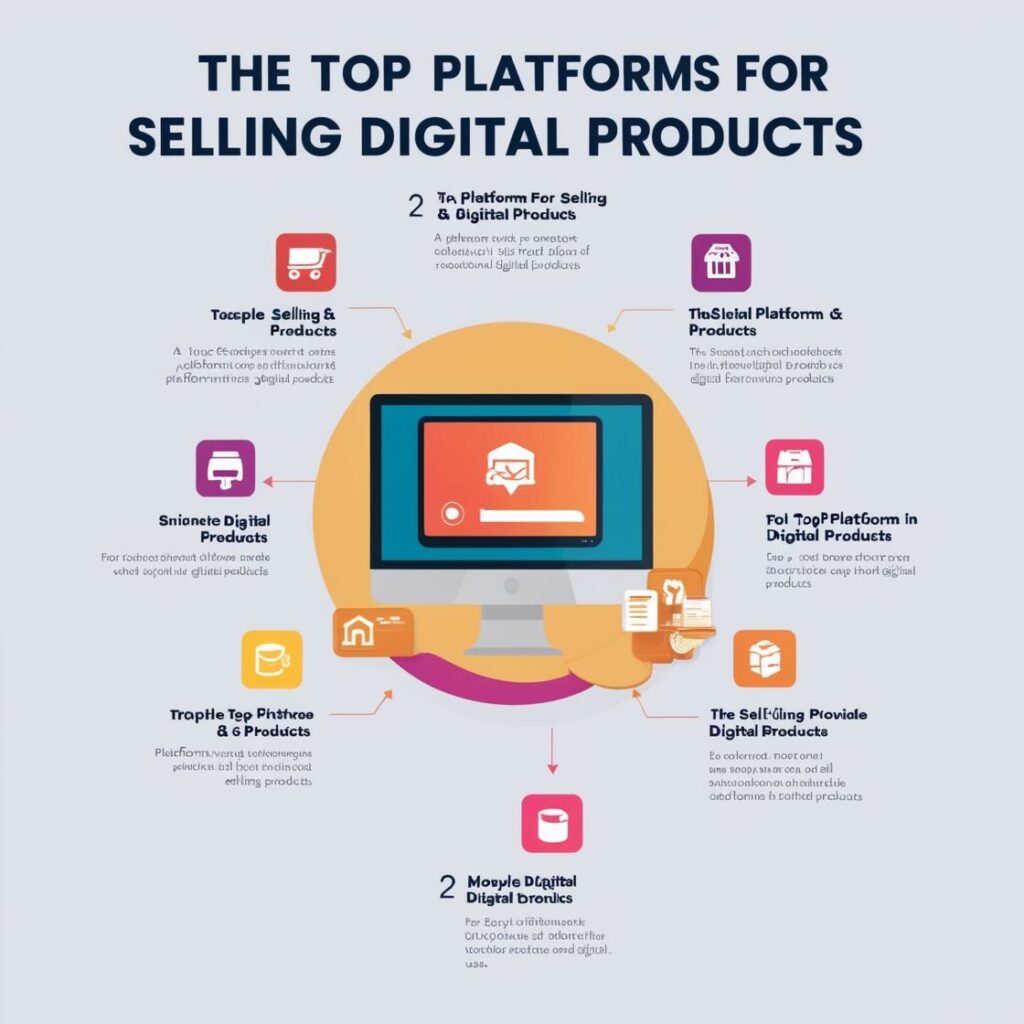In today’s digital age, selling digital products has become a lucrative venture for many entrepreneurs and creators. Whether you’re an artist, writer, or software developer, choosing the right platform to sell your digital products is crucial for success. Let’s dive into some of the top platforms available and explore their features, pros, and cons.
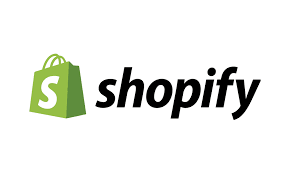
1. Shopify
Shopify is a leading e-commerce platform that allows users to create their own online stores. It’s known for its user-friendly interface and robust features.
- Features:
- Customizable storefronts
- Secure payment gateways
- Inventory management
- Marketing tools
- Pros:
- Easy to set up and use
- Extensive app store for added functionality
- Excellent customer support
- Cons:
- Monthly fees can be high for small businesses.
- Transaction fees unless using Shopify Payments

2. Etsy
Etsy is a global marketplace primarily known for handmade and vintage items, but it’s also a popular platform for digital products like printables and design assets.
- Features:
- Large customer base
- Easy listing process
- Integrated payment system
- Pros:
- Access to a vast audience
- Low upfront costs
- Community support
- Cons:
- Listing and transaction fees
- High competition
- Limited customization of storefronts

3. Amazon
Amazon, one of the world’s largest online marketplaces, offers platforms like Kindle Direct Publishing (KDP) for authors and Amazon Merch for designers.
- Features:
- Massive customer base
- Fulfillment services
- Marketing tools
- Pros:
- Access to a global audience
- Trusted platform
- Various programs for different digital products
- Cons:
- Competitive marketplace
- Fees and royalties can reduce profits
- Limited control over branding
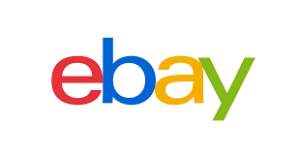
4. eBay
eBay is a well-known online marketplace that allows the sale of both physical and digital products.
- Features:
- Auction and fixed-price listings
- International reach
- Seller protection policies
- Pros:
- Large user base
- Flexible selling options
- Easy to list products
- Cons:
- Listing and final value fees
- Competition with low-priced items
- Limited customization
- Skills for the Future Level Up Your Life
- Future-Proof Your Career: 10 Skills to Master in 2025
- From Home Office to Big Profit: Top Remote Jobs That Pay Well
- 20 Side Hustles You Can Start Today to Make Money Online
- Freelance Your Way to Success: Top Online Gigs for Extra Income
- How to Turn Your Hobbies into an Income Stream Online
- Monetag: The Best Alternative to Google AdSense
- How to Start a Successful Blog That Actually Makes Money
- From Home Office to Big Profit: Top Remote Jobs That Pay Well

5. BigCommerce
BigCommerce is an e-commerce platform designed for businesses looking to scale. It offers a range of features suitable for selling digital products.
- Features:
- Customizable templates
- SEO tools
- Multiple payment gateways
- No transaction fees
- Pros:
- Scalable solutions
- Robust security
- 24/7 customer support
- Cons:
- Monthly fees
- Advanced features can be complex for beginners.
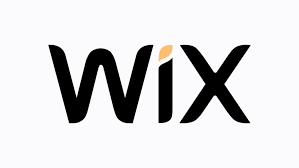
6. Wix
Wix is a website builder that offers e-commerce capabilities, making it suitable for selling digital products.
- Features:
- Drag-and-drop website builder
- Customizable templates
- App market for added functionality
- Pros:
- User-friendly interface
- Affordable pricing
- No coding required
- Cons:
- Limited scalability for large businesses
- Transaction fees on certain plans
- Less robust e-commerce features compared to specialized platforms
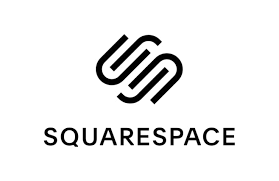
7. Squarespace
Squarespace is a website-building and hosting service that offers e-commerce functionality, ideal for creatives selling digital products.
- Features:
- Beautiful design templates
- Integrated e-commerce tools
- Blogging platform
- Pros:
- High-quality design options
- All-in-one platform
- Responsive customer support
- Cons:
- Limited payment gateways
- Transaction fees on lower-tier plans
- Less flexibility for advanced customizations

8. Weebly
Weebly, now part of Square, is a website builder with e-commerce capabilities, suitable for selling digital products.
- Features:
- Drag-and-drop builder
- Integrated shopping cart
- Mobile-responsive themes
- Pros:
- Easy to use
- Affordable pricing
- Integrated with Square for payments
- Cons:
- Limited design flexibility
- Fewer advanced features
- Transaction fees on certain plans

9. WordPress.com
WordPress.com is a popular website platform that, with the right plugins, can be used to sell digital products.
- Features:
- Extensive theme library
- Plugin support for added functionality
- Blogging capabilities
- Pros:
- Highly customizable
- Large community support
- Scalable solutions
- Cons:
- Requires plugins for e-commerce
- Can be complex for beginners
- Hosting and premium themes/plugins can add to costs.

10. Jimdo
Jimdo is a website builder that offers e-commerce features, allowing users to sell digital products with ease.
- Features:
- AI-driven website creation
- Customizable templates
- Integrated SEO tools
- Pros:
- Quick setup
- User-friendly interface
- Affordable pricing
- Cons:
- Limited advanced features
- Less flexibility compared to other platforms
- Limited third-party integrations
Conclusion
Choosing the right platform to sell your digital products depends on your specific needs, budget, and technical expertise. Platforms like Shopify and BigCommerce offer robust features suitable for scaling businesses, while options like Etsy and eBay provide access to large audiences with lower upfront costs. Consider your business goals, the type of digital products you’re selling, and the level of control you desire over your storefront when making your decision.
